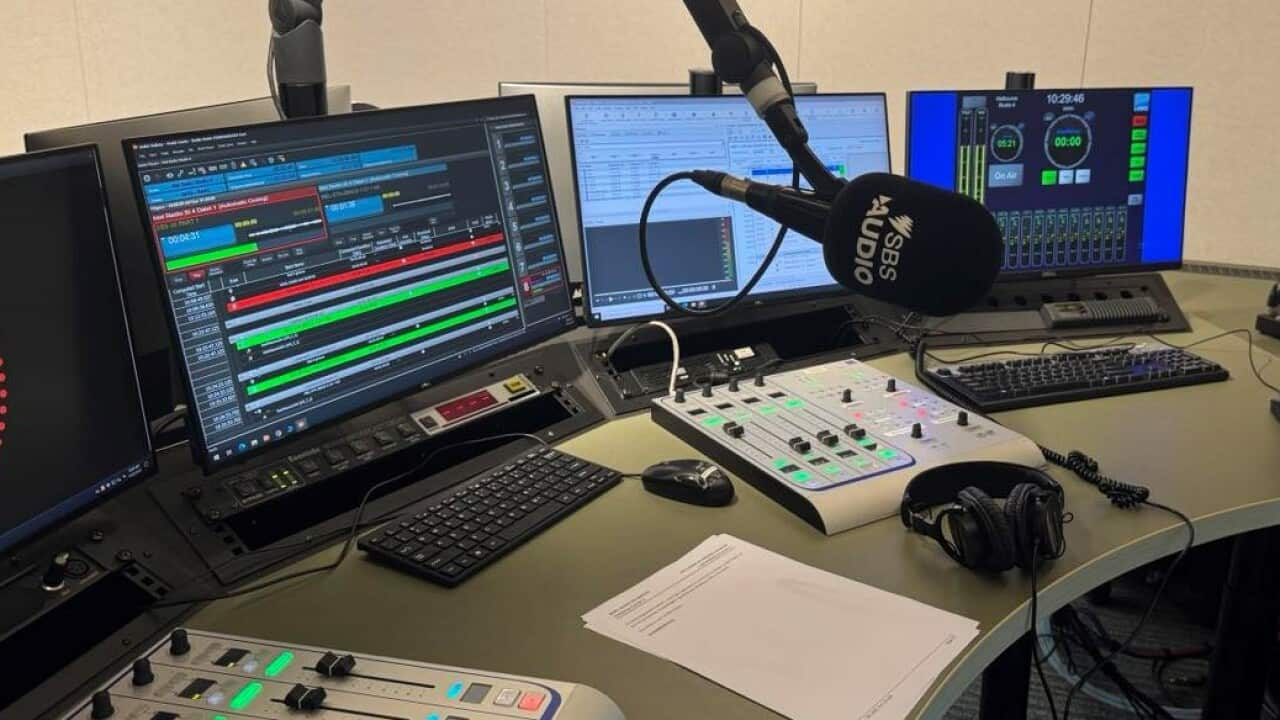Highlights
- The violence starts young: according to the report, one in four teenage girls in a relationship has been assaulted by a partner or husband before their 19th birthday.
- The study analysed data from 2000-2018, but violence against women is thought to have increased since then, partly due to the global pandemic.
- Parents should lead by example to their children, as to what a good relationship looks like inside their own home.
The findings coming from what the World Health Organisation says is the largest-ever such study of its kind, encompassing data from 158 countries. The WHO's Director-General is Doctor Tedros Ghebreyesus.
"Violence against women is not just criminal, it has long-lasting implications for the physical, mental, sexual and reproductive health of women. Injuries, depression, anxiety, unplanned pregnancies and sexually transmitted infections including HIV, are just some of the health issues that survivors of violence must live with."
And the true figures are likely to be much higher due to a known under-reporting of sexual abuse. In many cultures it’s a heavily stigmatised crime.
The report’s author, Claudia Garcia-Moreno,, says governments need to tackle economic inequalities that often leave females trapped in abusive relationships.
"I think these numbers are very shocking and really are, you know, sort of a wake-up call for governments to be doing much more to prevent this violence. And prevention entails action at many different levels and in many different sectors, it's not one intervention that is going to help to solve the problem. We need to address women's access to education and economic empowerment and access to paid employment."
"There is certainly cause for concern because a lot of the risk factors that we know are associated with increases in violence - financial stress, loss of livelihood, economic issues, additional stress with, you know, children at home, people having to live in confined spaces for long periods, et cetera - you know, these are all things that we know can contribute exacerbating an already existing violent situation. So, we do have concerns about this."
In Australia, the number of women reaching out for help is rising. Crisis support service 1800 RESPECT received an extra 100,000 calls in the last financial year. Alison Howarth is the service's Clinical Engagement Manager.
"So there was a massive increase and we do attribute a lot of that to COVID-19 and a lot of people were telling us they had experienced domestic violence for the first time and the way that people were contacting did change as well, so for example a lot more people would use webchat, as a form of being able to contact, while not being overheard and a lot more at night when their partner would be asleep."
Queensland based service DV Connect also saw an increase in demand, and an increase in the severity of violence during the global pandemic.
Chief executive Beck O'Connor agrees with the World Health Organisation that economic support is what will empower women to leave abusive relationships.
"There is an increased concern about sustainable and affordable housing options, and including access to jobs, meaning some women are actually forced to choose between homelessness and returning to their abuser."
But Alison Howarth believes the solution is much simpler.
She says it comes down to parents leading by example and teaching their children what a respectful relationship looks like.
"Children will always do what you do, not what you say, so if they are living with role models who are practising unhealthy relationship styles or using violence or a power imbalance in a relationship, that is what they will find comfortable because that is normal for them. No matter how much they get told that respect, consent and health relationships are important they will go back to what they have seen as normal in their gorwing up."
If you or someone you know is impacted by sexual assault, domestic or family violence, please call 1800 RESPECT on 1800 737 732 or lifeline on 13 11 14.
ALSO READ/LISTEN TO





